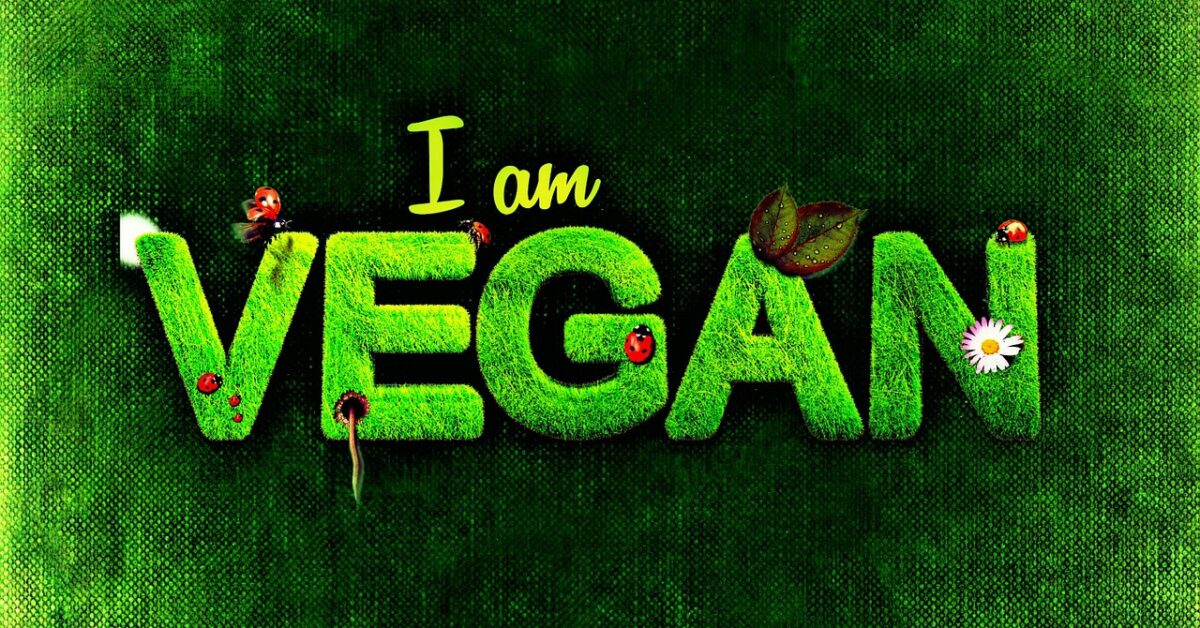How do you ingest collagen as a vegetarian?
Collagen is a protein that plays a crucial role in maintaining the health and elasticity of our skin, hair, nails, and joints. While it is commonly found in animal products, such as meat, fish, and bone broth, vegetarians may wonder how they can incorporate collagen into their diet. Fortunately, there are several plant-based alternatives and supplements available that can help vegetarians boost their collagen intake. In this article, we will explore some of the best ways for vegetarians to ingest collagen.
1. Plant-based collagen supplements
One of the easiest ways for vegetarians to consume collagen is through plant-based collagen supplements. These supplements are typically made from a combination of amino acids, vitamins, and minerals that support collagen production in the body. Look for supplements that contain ingredients like vitamin C, which is essential for collagen synthesis, and amino acids like proline and glycine, which are the building blocks of collagen.
2. Foods rich in amino acids
While vegetarians may not consume collagen directly, they can still support collagen production by consuming foods that are rich in amino acids. Amino acids are the building blocks of proteins, including collagen. Some plant-based foods that are high in amino acids include:
- Legumes: Lentils, chickpeas, and beans are excellent sources of amino acids.
- Quinoa: This grain is a complete protein, meaning it contains all nine essential amino acids.
- Soy products: Foods like tofu, tempeh, and edamame are rich in amino acids.
- Nuts and seeds: Almonds, chia seeds, and hemp seeds are all good sources of amino acids.
- Seaweed: Certain types of seaweed, such as nori and spirulina, are packed with amino acids.
3. Vitamin C-rich foods
Vitamin C is essential for collagen synthesis, as it helps convert the amino acids into collagen molecules. Vegetarians can ensure they are getting enough vitamin C by incorporating foods like citrus fruits, strawberries, kiwi, bell peppers, and broccoli into their diet. Including these vitamin C-rich foods alongside amino acid-rich foods can help support collagen production in the body.
4. Silica-rich foods
Silica is a mineral that is important for collagen formation and maintenance. While it is not a direct source of collagen, consuming silica-rich foods can support collagen production in the body. Some plant-based sources of silica include:
- Oats: Oats are not only a good source of silica but also contain amino acids that support collagen production.
- Leafy greens: Vegetables like kale, spinach, and Swiss chard are rich in silica.
- Root vegetables: Beets and carrots are excellent sources of silica.
- Herbs: Horsetail herb is known for its high silica content and can be consumed as a tea or supplement.
5. Collagen-boosting herbs and spices
Some herbs and spices have been found to support collagen production in the body. Including these in your vegetarian diet can help enhance collagen synthesis. Some examples include:
- Turmeric: This spice contains curcumin, which has been shown to increase collagen production.
- Cinnamon: Cinnamon has antioxidant properties that can help protect collagen from damage.
- Ginger: Ginger has anti-inflammatory properties that can support collagen synthesis.
- Garlic: Garlic contains sulfur, which is necessary for collagen production.
While these herbs and spices may not directly provide collagen, they can contribute to overall collagen health and production in the body.
As a vegetarian, it is possible to support collagen production and maintain healthy skin, hair, nails, and joints. By incorporating plant-based collagen supplements, amino acid-rich foods, vitamin C-rich foods, silica-rich foods, and collagen-boosting herbs and spices into your diet, you can ensure you are getting the necessary nutrients to support collagen synthesis and overall well-being.
